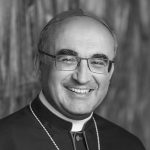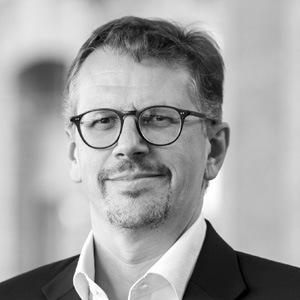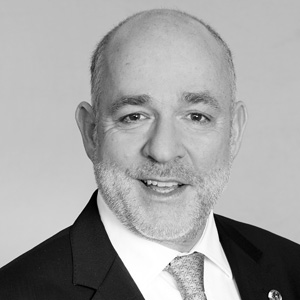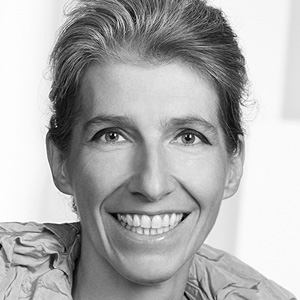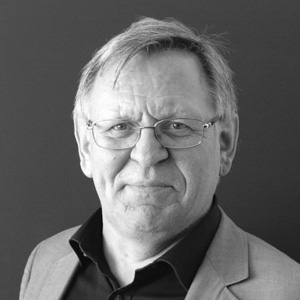In 2019, the former bishop’s residence of Seggau Castle is hosting “Geist & Gegenwart” for the eighth time, this year on the theme of “Das digitale Europa. Digital Europe”. This interdisciplinary forum in a European format takes place close to Austria’s borders with Italy, Slovenia and Hungary, and addresses questions relating to the boundaries between various dimensions of living together as a society.
It is therefore obvious, yet at the same time paradoxical, that this year’s Whitsun Dialogue focuses on questions relating to digitalisation, given that the three-day forum this spring falls at a time when there are numerous “analogue” developments that are of immediate urgency to a great many people – whether they use the Internet or not. The debate about Brexit, the elections to the European Parliament and a growing populism in political debate which raises questions on a global scale, especially in the light of Donald Trump’s policies, have implications affecting many people directly.
In January this year, Pope Francis said that “for as long as the Internet has existed, the church has always tried to ensure that it serves the purpose of supporting human encounters and all-encompassing solidarity.” Unfortunately, in contrast to this, we often observe that digitalisation and the kind of communication that is associated with it go hand in hand with ruthlessness at the expense of the weak, and the widespread promotion of particular interests. Especially in the light of these centrifugal forces, the positive aspiration for the kind of revitalising digitalisation of which Pope Francis spoke therefore constitutes an ongoing demand for more democracy and humanity.
I hope that this year’s symposium at Seggau Castle, close to the Christian festival of Whitsun, will once again provide a strong impetus for more thoughtfulness in the church and society.
